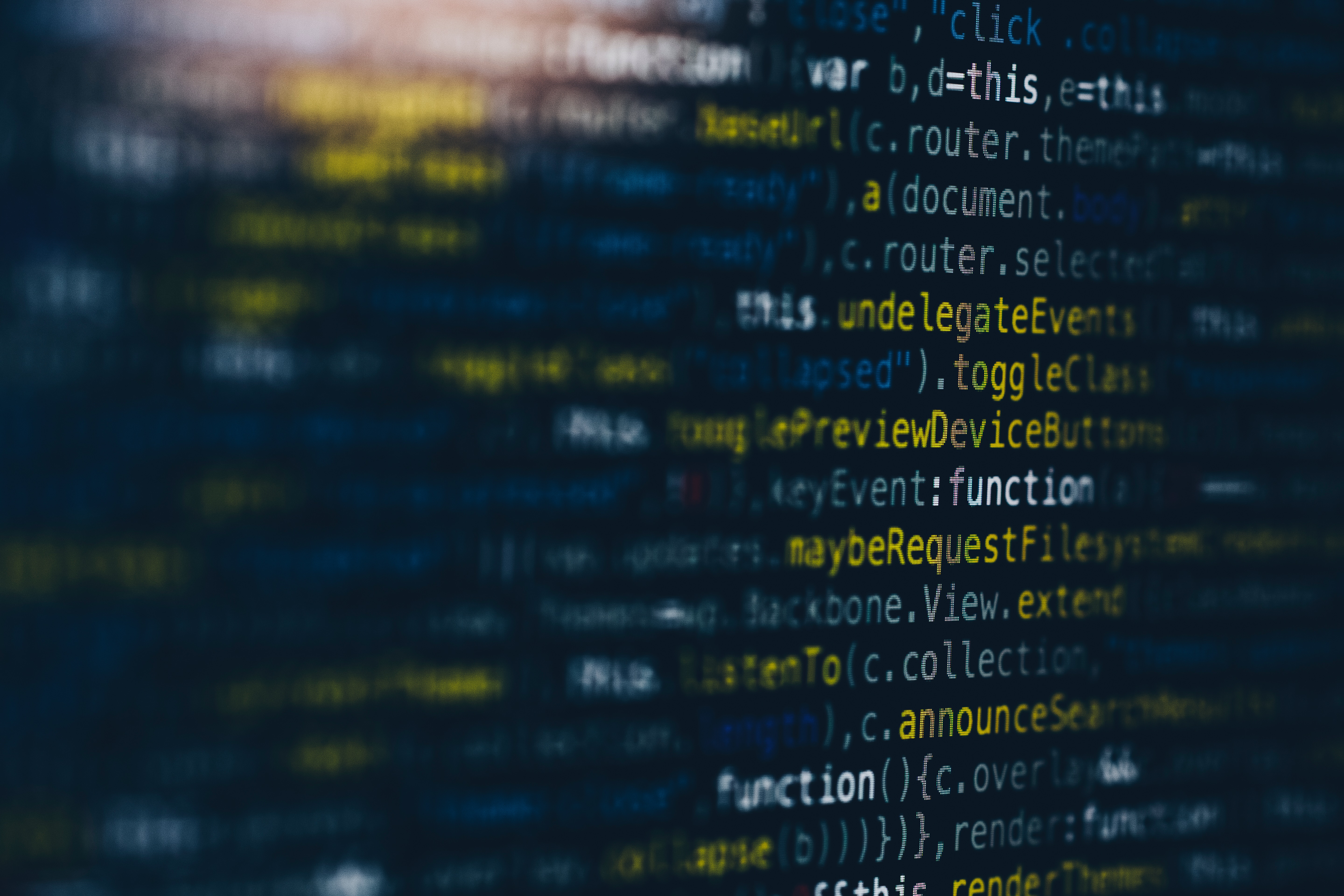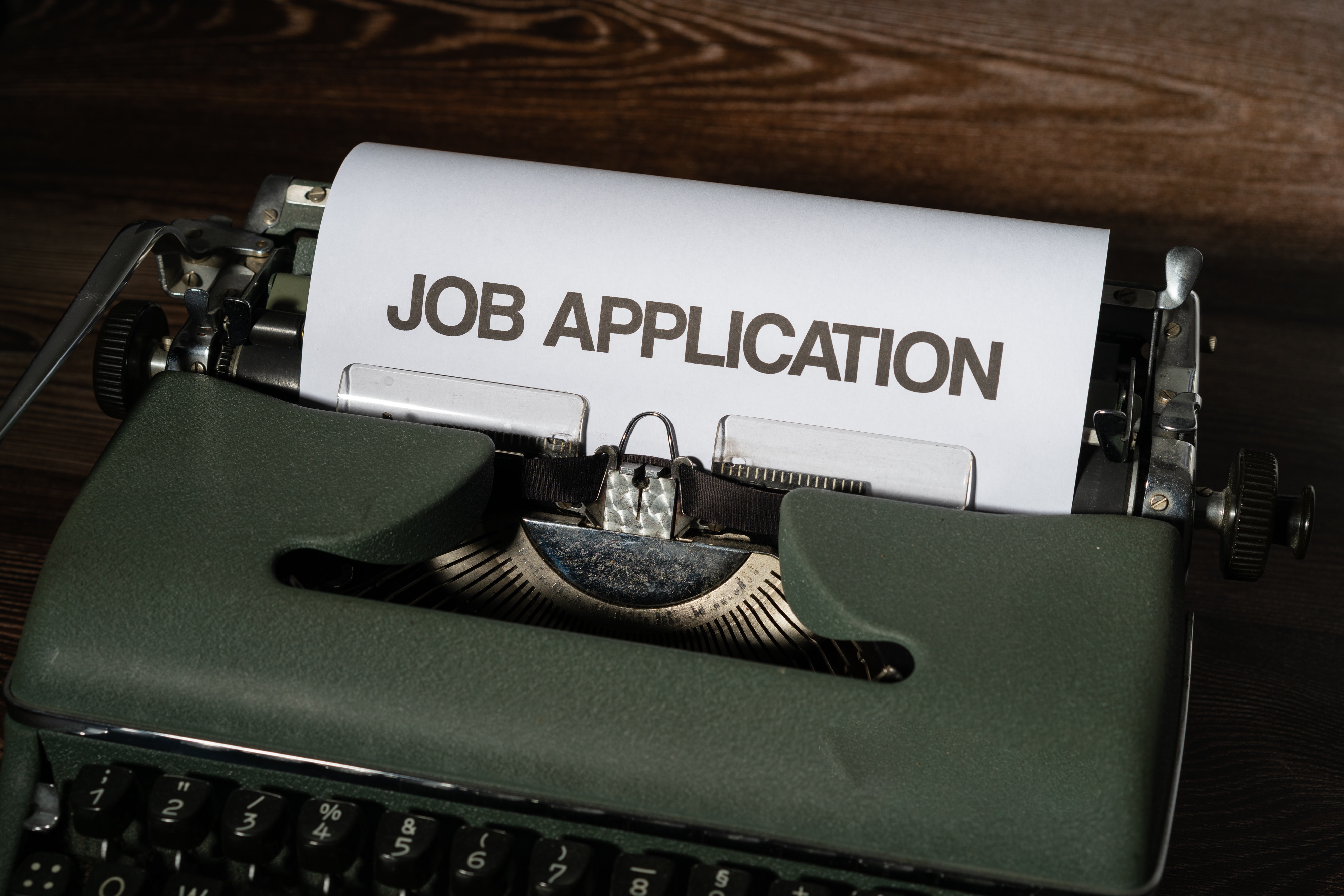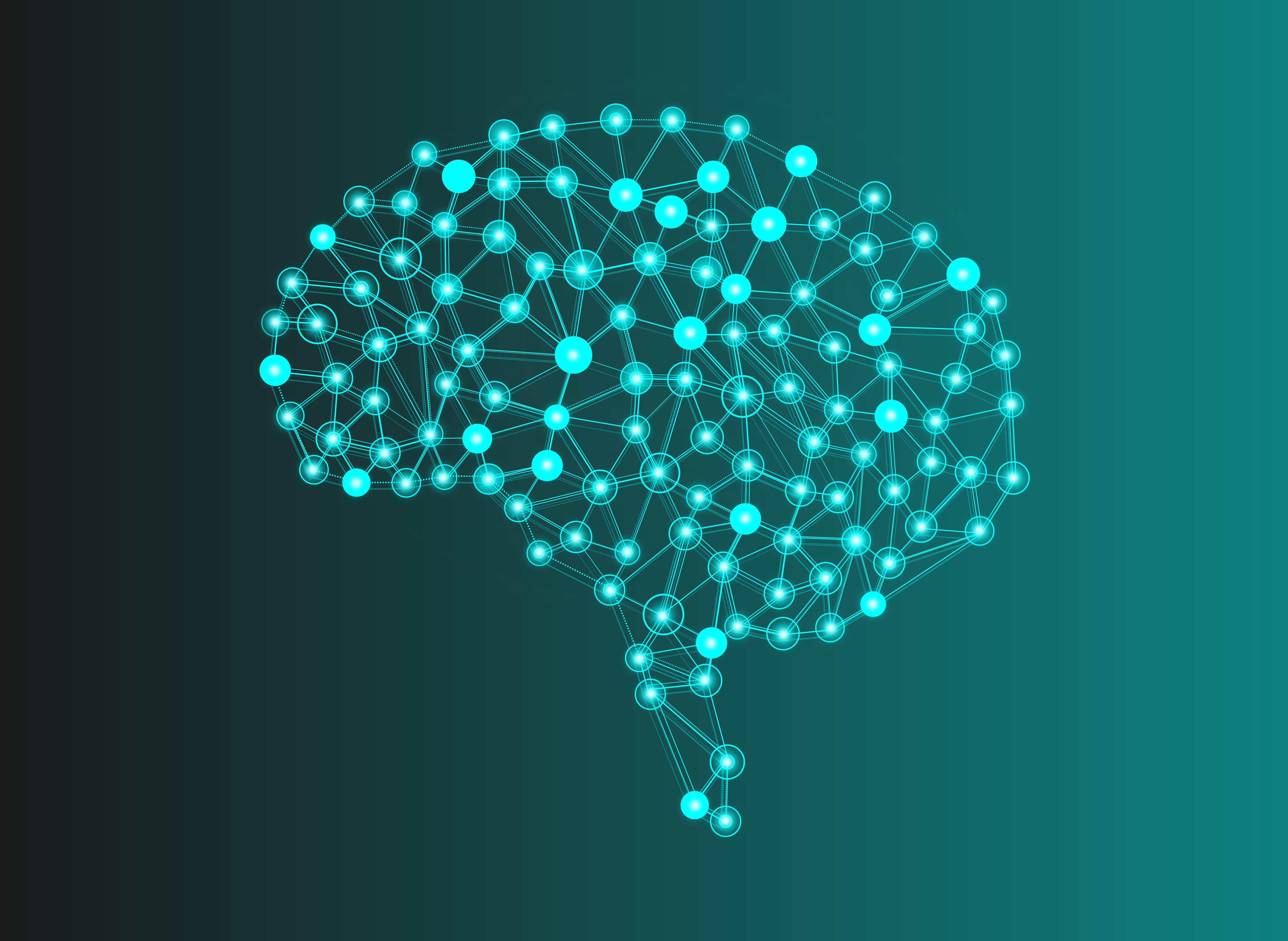Fachgruppentagung
Entwicklungspsychologie
Panel Convention
Developmental Psychology
25. Tagung
03. — 05. September 2023
Harnack-Haus Berlin
25th Meeting
September 03 — 05, 2023
Harnack House Berlin
Fachgruppentagung
Entwicklungspsychologie
Panel Convention
Developmental Psychology
25. Tagung
03. — 05. September 2023
Harnack-Haus Berlin
25th Meeting
September 03 — 05, 2023
Harnack House Berlin
Reproducible Research in R | How to do the same thing more than once
Many researchers want to work reproducibly, but it is not easy. They must invest considerable time to acquire the knowledge of what is even possible, before getting the skills required for reproducible research. This workshop gives researchers an overview of how to create reproducible data analyses in R (and beyond). Specifically, researchers will test, in a pre-set online environment, one way to automate the whole process from raw data to publishable manuscripts. This automation is possible by combining dynamic document generation (via R Markdown), version control (via Git), workflow orchestration (via Make) and software management (via Docker). These tools and, therefore, automatic reproduction of results are available on any machine with Docker installed. The resulting workflow is, hence, highly transferable across machines and time. These core properties of reproducibility are demonstrated for any reader by automatically reproducing the manuscript online via GitHub Actions.

Academic Application and Appointment Training for Post-Docs (Berufungstraining)
The workshop is aimed at young scientists in the post-doctoral stage of their career. The workshop contributes to their preparations for a successful application for a professorship. Participants will be supported in reflecting on their own scientific profile in relation to the job market, in compiling their written application documents in an appropriate form and with regard to the weighting of content, and in simulating committee interviews. In addition, the participants will have the opportunity to arrange individual consultations with the advisor and, if desired, to receive feedback on their application documents. The number of participants is limited to a maximum of 15. The workshop is financed by the DGPs, Section for Developmental Psychology.

Introduction to using function near-infrared spectroscopy (fNIRS) in developmental studies
Functional Near-Infrared Spectroscopy (fNIRS) is a non-invasive neuroimaging technique enabling measuring oxy-, deoxy- and total hemoglobin concentration changes, which can be translated into cortical brain activity. Currently, wearable and portable fNIRS devices play an important part in many research fields, because they allow application in more naturalistic paradigms without restrictions. In comparison with other neuroimaging techniques (e.g., EEG), fNIRS is not as susceptible to movement artefacts, providing robust data in many real-life scenarios. These characteristics make fNIRS a very suitable technique to use with young and more sensitive populations, such as infants and toddlers, for whom flexibility and comfort are of the outmost importance. During this workshop, we will explain how you can measure activity using fNIRS and discuss the usage of fNIRS in developmental studies. We will use Artinis wearable fNIRS devices to measure brain activity and show how to work with the devices and the software.
